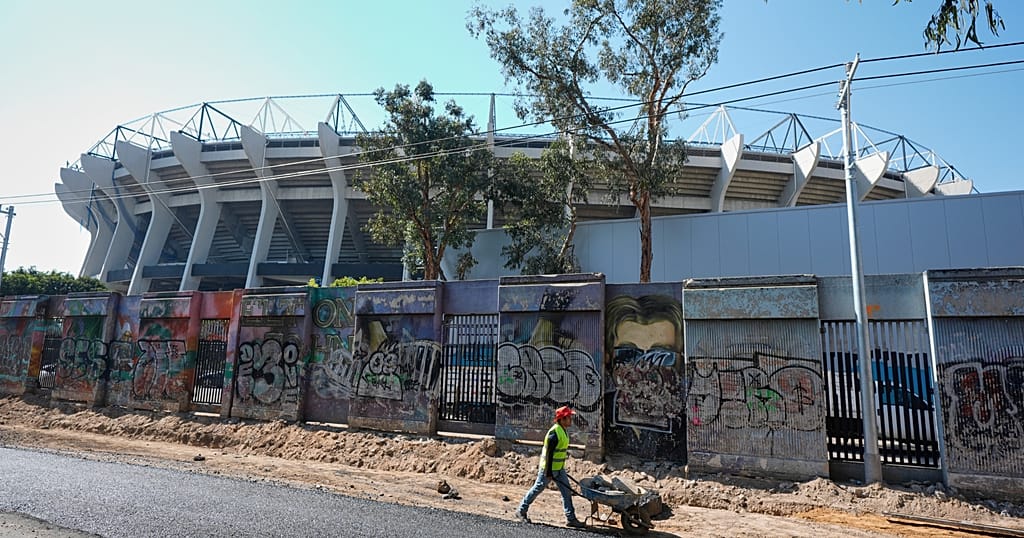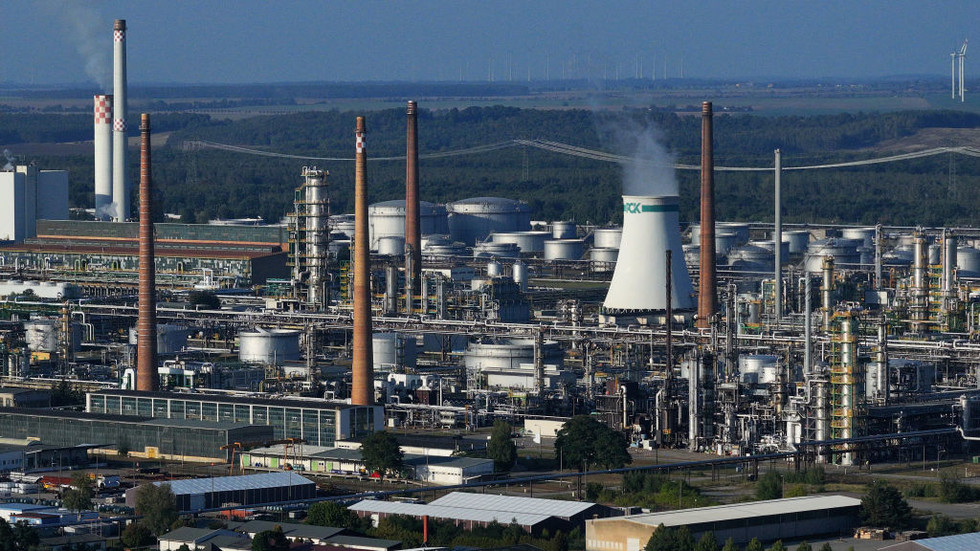Dangote Refinery has partnered with Honeywell to enhance its operations and increase refining capacity to 1.4 million barrels per day by 2028. The agreement will enable Dangote to process a wider range of crude grades, supporting its planned expansion in output. Honeywell will provide catalysts and equipment to facilitate this growth.
As part of the deal, Dangote will also boost its production of polypropylene, an industrial material used to manufacture plastic containers and car parts, to 2.4 million metric tons per year. This will be achieved by licensing Honeywell’s Oleflex technology. Although the financial terms of the agreement have not been disclosed, a source familiar with the situation estimates that the contract could be valued at over $250 million.
The partnership comes as Dangote invests in expanding its refinery in Lekki, Lagos, where it has already spent $20 billion. The company plans to double the plant’s capacity by adding a second single-train unit over the next three years. Once completed, the refinery will be able to process nearly all of Nigeria’s current crude production of around 1.5 million barrels per day.
This development is significant for both companies, as Honeywell seeks to shore up revenues ahead of its planned carve-out of its aerospace business. The partnership demonstrates Dangote’s commitment to increasing its refining capacity and expanding its operations in the region.
The expansion of the refinery is expected to have a positive impact on Nigeria’s energy sector, enabling the country to process more of its crude oil domestically. With the increased production of polypropylene, Dangote will also be able to meet the growing demand for industrial materials in the region.
The agreement between Dangote and Honeywell highlights the growing collaboration between international companies and African businesses. As the energy sector continues to evolve, such partnerships are likely to play a crucial role in driving growth and development in the region. With the refinery expansion expected to be completed by 2028, Dangote is poised to become a major player in the global energy market.



